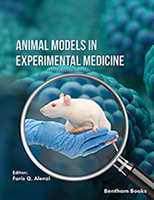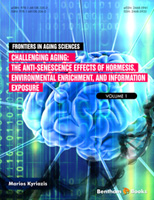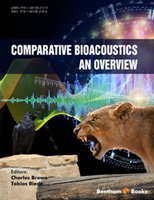Introduction
When environmental conditions deviate from the optimal range, stress ensues. Stress response is a set of reactions that allow the organism to adjust and survive adverse conditions. Stress can be physical, such as extreme temperature, radiation, injury, or psychological, caused by perceived danger or deprivation. Every living cell has biochemical mechanisms to cope with physical stress. These mechanisms show a degree of similarity among several types of living organisms.
Stress Response and Immunity: Links and Trade Offs explores the functional and evolutionary connections between stress response and immunity. The book introduces the reader to the concept of stress and subsequently examines the connection between stress response and immunity at various evolutionary stages of living organisms - from bacteria to humans. The book also features chapters dedicated to the role of tumor suppressor genes and the immune system of the brain.
The information presented in this reference demonstrates the profound effects of physical and psychological stress on human health. Readers with basic knowledge of molecular biology will learn about the interesting facets of stress responses and the evolutionary trade offs observed in different life forms.





